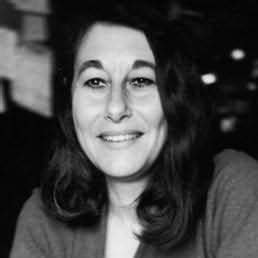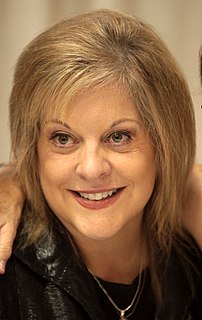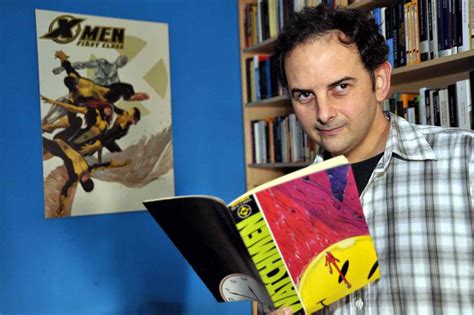A Quote by Peter Straub
I write longer sentences than most of the others, maybe because I probably like Henry James more than they do.
Related Quotes
You can't learn to write in college. It's a very bad place for writers because the teachers always think they know more than you do - and they don't. They have prejudices. They may like Henry James, but what if you don't want to write like Henry James? They may like John Irving, for instance, who's the bore of all time.
You can’t learn to write in college. It’s a very bad place for writers because the teachers always think they know more than you do—and they don’t. They have prejudices. They may like Henry James, but what if you don’t want to write like Henry James? They may like John Irving, for instance, who’s the bore of all time. A lot of the people whose work they’ve taught in the schools for the last thirty years, I can’t understand why people read them and why they are taught.
One thing I'd do was put a great writer's book beside the typewriter and... type out a beautiful and moving paragraph... and see those sentences rising up... and... think, 'Someday maybe I can write like that....' It was like a dream of possibilities for my own self. And maybe I began to know that there was no other way for the sentence... to... arouse the same feeling. The someone writing whose words were rising from the typewriter became like a mentor for me.... You shouldn't do it more than a few times because you must get on with your own work.
Honestly, some cases have been more famous than others - like Tot Mom, or Steven Avery, or Scott Peterson - but I would not characterize any one as being more special to me, more intriguing, or more important because that would be placing one victim as more important, or one defendant as more [notorious] than others, and I don't think that's right.
The longer I live the more I realize the impact of attitude on life. Attitude, to me, is more important than facts. It is more important than the past, than education, than money, than circumstances, than failures, than successes, than what other people think or say or do. It is more important than appearance, giftedness or skill. It will make or break a company . . . a church . . . a home.
I don't write because I think I have anything particularly interesting to say. I write because I love writing more than any other work I've done. I do think about entertaining the reader to the extent that I try always to write a book that I myself would want to read, but I don't think it's up for me to decide if what I've written is interesting to others. That is entirely up to others.






































